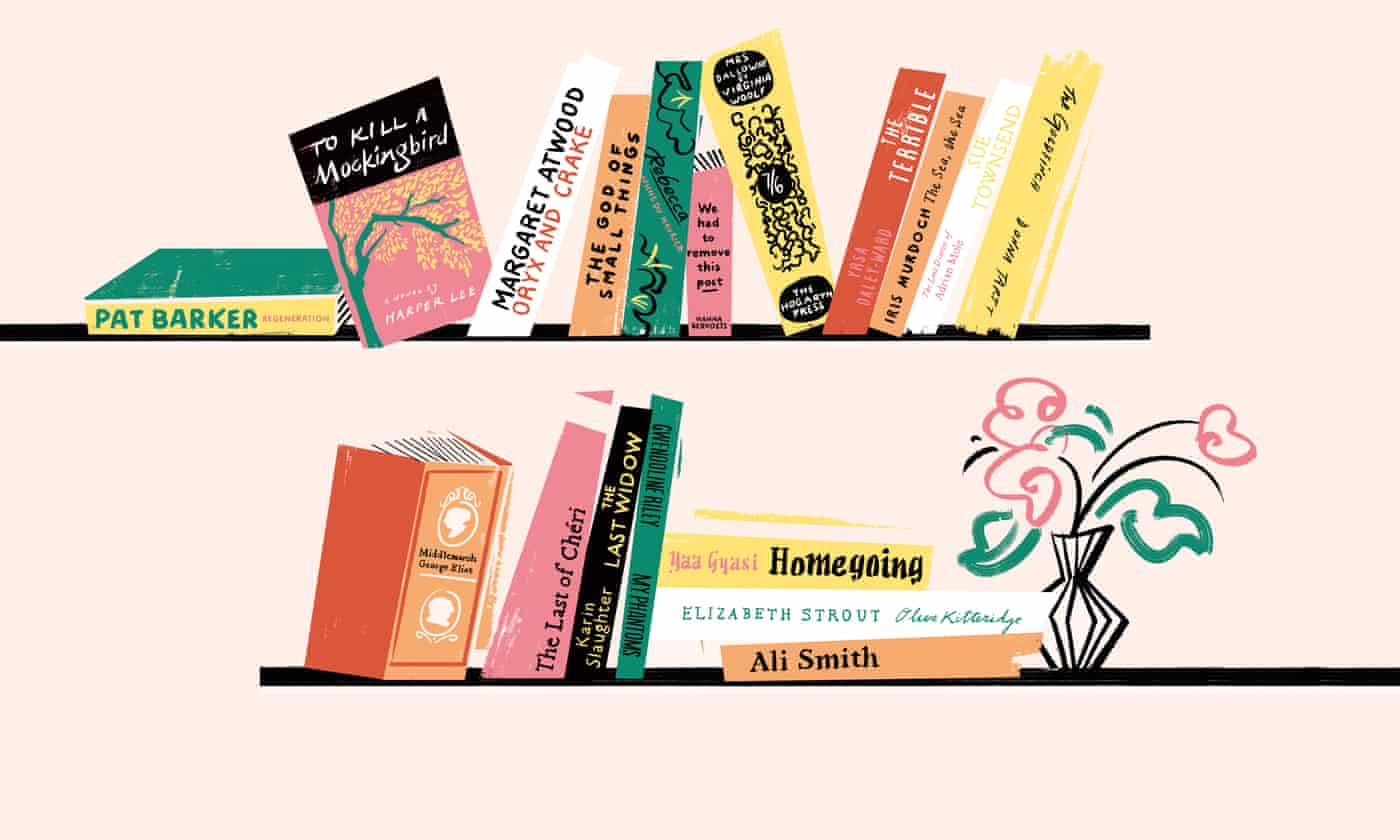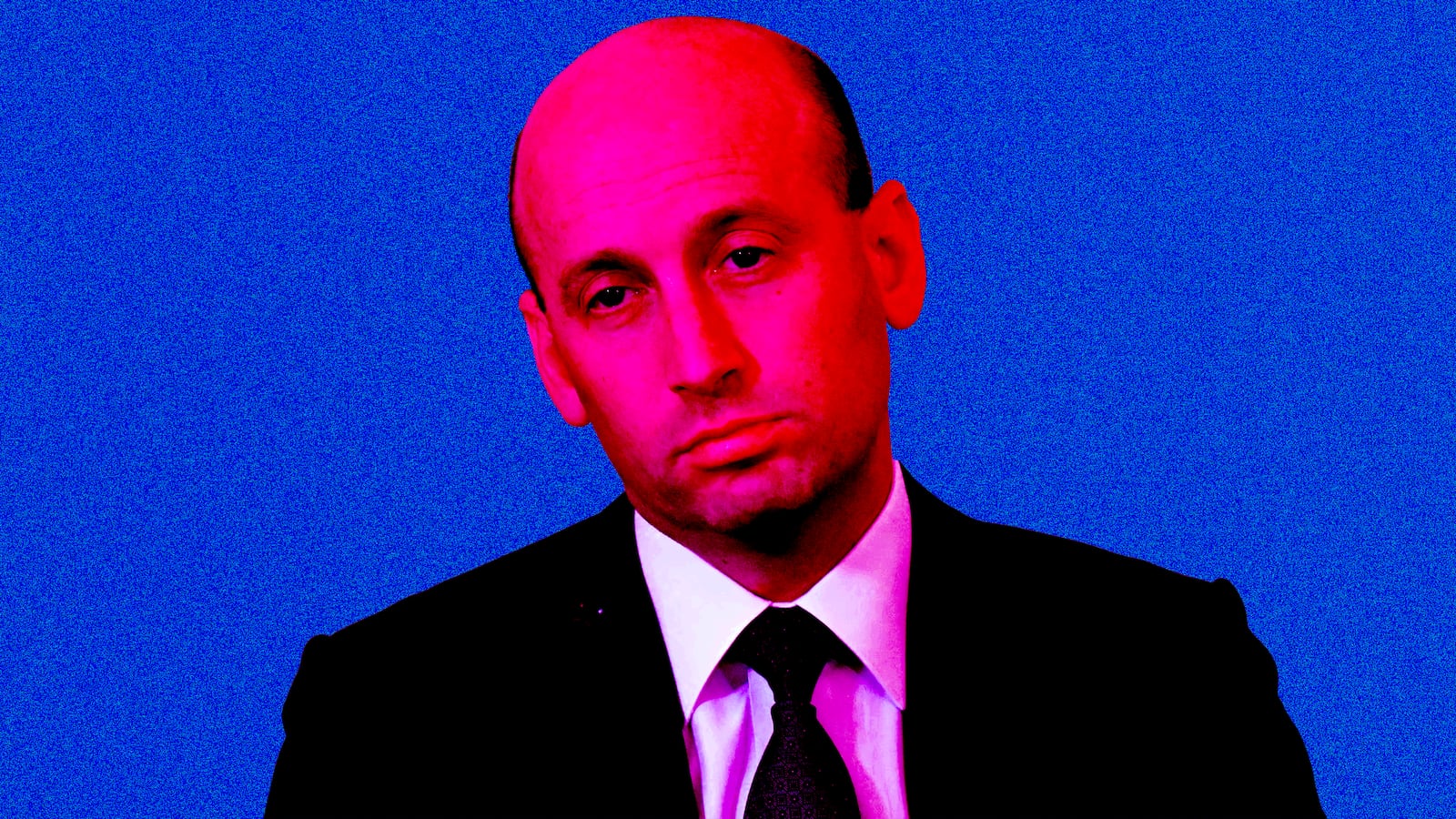Probably some unsolicited advice, but give it a chance, guys
Books by women that every man should read: chosen by Ian McEwan, Salman Rushdie, Richard Curtis and more
Studies show men avoid female authors. Ahead of the Women’s prize for fiction, chair of judges Mary Ann Sieghart finds out why – and we ask male authors to redress the balance
The film-maker Richard Curtis realised during the first lockdown that he would at last have time to immerse himself in books. More specifically books by women, “to compensate for 63 years of male bias”, he explains. “It’s been an amazing two years: the glory of Anne Tyler, Ann Patchett, Ali Smith, Zadie Smith, Daphne du Maurier, Chimamanda Ngozi Adichie and so many others.”
Now, 32 books later, he has become positively evangelical. When a male friend had a birthday recently, Curtis gave him four novels by female writers. “I have given away more copies of Olive Kitteridge [by Elizabeth Strout] than you can imagine,” he says. “I spend my whole time romping through bookshops saying: ‘Why haven’t you got more Anne Tyler novels on your shelves?’ I’ve had a genuine epiphany in terms of the novels that I read.”
Women read roughly 50:50 books by male and female authors; for men the ratio is 80:20
Yet there are still many men who, like Curtis until recently, barely read books by women. On average, women will read roughly 50:50 books written by men and by women; for men, the ratio is 80:20. Why should that be? “I think subject matter has a lot to do with it,” the novelist Ian McEwan says. Men are said to be more interested in violence than relationships: they often prefer war or crime novels to ones about couples or families, or so the stereotype goes. “But of course there are loads of men writing about relationships and parents and despair and suicide, and all the ways in which love can go wrong. That’s been the engine of English literature for three and a half centuries.”
The broadcaster Andrew Marr points out that men have traditionally not been encouraged to talk about their emotional life. “And if you don’t talk about it very much, you’re less likely to read about it. So the bounce off into fantasy versions of the working life [such as stories about soldiers and spies] is more attractive, because you jump away from an area that you find hard to talk about, and you’re not quite sure of the words.”
Yet this is precisely why the novelist Howard Jacobson turns to fiction by women. “I like the fact that they write about love a lot,” he says. “Because I write about love a lot. And I think it is the most interesting subject. It’s more interesting than guns. It’s more interesting than policemen. It’s more interesting than adventures. It is the stuff of our life.”
It’s wrong to pigeonhole women’s novels as purely about relationships – often they’re cast that way, even when they’re not . . "
Please continue reading >>



No comments:
Post a Comment